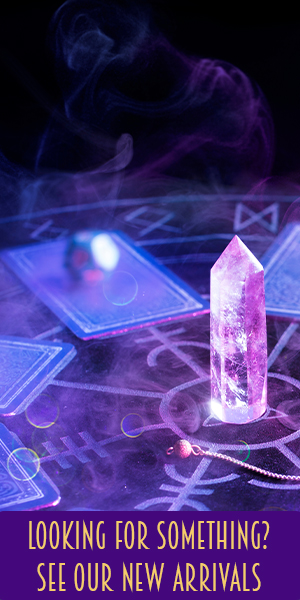Anahata - The Heart Chakra
ANODEA JUDITH
Element: Air
Color: Green
Verb: I love
Attributes: Love, balance, relationship, compassion
We are now halfway through our seven-leveled chakra system. Below us are the first three chakras which relate to things and activities in the external
physical world. Above us are the top three chakras which relate to internal representations of the physical world that are experienced mentally. The fourth
chakra, located over the heart, is the balance point between these two extremes: the integrator of mind and body, believed to be the central home of the
spirit.
The 12-petaled lotus symbol of the heart chakra contains within it two intersecting triangles forming a six-pointed star. These triangles represent the
force of matter moving upward toward liberation and the force of spirit moving into manifestation. It is at this chakra that they are evenly combined,
creating a center of peace and balance.
The heart chakra is related to the element air and the quality of love. Air is formless, largely invisible, absolutely necessary, and the least dense of
our first four elements. Air is expansive as it will expand to fit any space it is put into, yet it is soft and gentle.
So, too, is love. Love is the expansion of the heart, the transcendence of boundaries, the interconnectedness of spirit. Love is balance, ease, softness,
forgiveness. And love at the heart chakra is felt as a state of being, existing independently of any object or person, unlike the passion-oriented love
of the second chakra.
The Sanskrit name for this chakra is Anahata, which means "sound that is made without any two things striking." This describes a state where we are no
longer fighting or confronting what we love but moving with it in graceful harmony. The fight of the third chakra gives way to graceful acceptance in the
fourth.
Because Anahata is related to the element air, it is accessible through the breath. The Hindus call the breath prana, which means "first unit," and they
believe it contains the essence of all vitality and nourishment, being the point of commonality between the mental and physical worlds. Opening up the
breath, unloosening whatever tensions are constricting it, is a way of accessing the
heart chakra.
If the heart chakra is closed down, the very core of us suffers. Our breathing is shallow, slowing down our metabolism and our physical energy. Blocked
at the center, we feel divided between mind and body. We pull in to ourselves, withdraw, and become a closed system.
When the heart chakra is too open, there is a tendency to give all our time and energy away, to be so focused on "other" that we lose our own center.
Ideally, the heart chakra should radiate love from a strong, solid center of self-acceptance and reach out with supportive care and compassion toward others.
With its essential message of balance, our self-love and love for others need to be balanced and interconnected.
Directly below the heart chakra is another small lotus that is seldom talked about but significant to the heart chakra. Called the Anandakanda lotus, it
has eight petals and contains the Kalpataru, or the Celestial Wishing Tree. In front of the tree is an altar for worship, and it is believed that the tree
contains the deeper wishes of the heart chakra??"those things we hardly dare name but are most integral to our deepest hopes. It is believed that when
one worships at this
altar by wishing from the heart, the tree bestows even more than is desired.
The operating force in this chakra is the force of equilibrium. That which stays in balance has longevity and lives in harmony. Enter the peaceful balance
of the heart within yourself and others, and you will experience the mysteries of Anahata.
The Arch Exercise
Form the grounding position of chakra 1 and begin breathing into your legs, building up some charge." Then bring the charge into your pelvis by moving
your hips back and forth until your second chakra feels some of this same energy. When your hips and belly feel connected, begin to form an arch with your
body, keeping your knees bent, thrusting your pelvis forward, then your stomach and chest, and finally reaching upward with your arms, head back. (Be gentle
with your
spine, and do not hold this position if you feel any discomfort.)
If you are holding the position correctly, you should feel a vibration in your chest. Breathe into this and relax as much as you can in this difficult
position, imagining a green light filling and opening your heart.
Return slowly to your upright position, keeping the knees slightly bent, and slowly return your arms to your sides, eyes closed. Stand at rest a few moments
to feel the effects of this exercise. Repeat when ready.
https://www.llewellyn.com/encyclopedia/article/255






